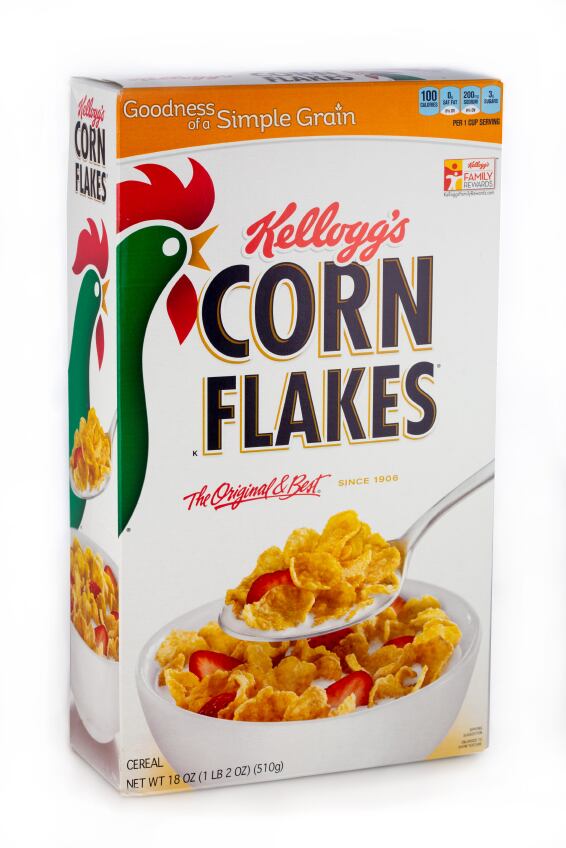FoodWatch selected 644 products – 214 in Germany and 430 in the Netherlands, both branded and private label – from the countries’ top three supermarkets that made a front-of-pack vitamin-related health claim, and evaluated their nutritional profile according to the nutrient profile model established by the World Health Organisation (WHO).
“Very few” of the claims made were based on natural nutrients present in the products’ ingredients, it says, revealing the “alarming scale”of how manufacturers add vitamins to unhealthy foods in order to market them as healthy, done for commercial interests rather than public health.
The full report and survey results can be seen here.
But FoodWatch has also criticised the European Commission for allowing this practice to happen by failng to set nutrient profiles, a full seven years after this was supposed to have been completed as per the the European nutrition and health claims regulation (NHCR). The NHCR was established to stamp out the misleading use of health claims on foods by setting strict guidelines requiring any claim to be substantiated by scientific evidence.
By failing to set nutrient profiles to determine which products can make such claims, FoodWatch says it has thrown the doors wide open to companies adding a few vitamins to sweets or sugary drinks in order to bestow them a healthy image. “These marketing strategies deliberately mislead consumers and torpedo their efforts to make healthier food choices,” it says.
Ahead of the European Parliament vote next week in which MEPs will vote on whether or not to scrap nutrient profiles as part of the red-tape cutting programme, Regulatory Fitness and Performance Programme (REFIT), FoodWatch is calling on the EU to implement nutrient profiles to ensure only healthy foods are marketed with nutrition and health claims, and suggests using the WHO’s profile for this purpose.
The results

Kellogg cereals, Danone yoghurts, Monster energy drinks and CapriSun were some of the featured products, as well as many private label products.
Drinks were the worst offenders with 92 juices and 252 sweetened beverages, including 48 milk drinks and 16 energy drinks, making prominent vitamin-related health claims.
These were followed by sweets (59 products), breakfast cereals (23 products) and yoghurt or yoghurt-based drinks (30 products).
A spokesperon for Kellogg told FoodNavigator its foods are clearly labelled, allowing people to make the decisions that are right for them.
"We’re also working hard to provide lower sugar options and that’s why we have introduced new lower sugar cereals as part of our on-going innovation strategy to offer consumers more choice.
"As part of our new global nutrition policy, we have an active sugar reduction program. Most of our big brands have had a sugar reduction and this work will continue." For instance, the sugar in Special K has been cut by between 10% and 20% and since January 2016, Kellogg’s Bran Flakes, contain 30% less sugar than similar flake based breakfast cereals, the spokesperson said.
When asked to comment on its inclusion on the list, Alpro said it supported the provision of clear nutritional information to consumers to aid conscious healthy food choice, also by taking into account total sugars.
“There are no healthy or unhealthy food products; it is the total dietary intake that needs to be taken into account. In conclusion, if a uniform and transparent European nutritional labeling system is set up this should be based on objective and scientifically substantiated criteria, which helps the consumer to make his own healthy choice,” the spokesperson said.
This sentiment was echoed by FoodDrinkEurope: "Only a diet can be unhealthy, not a food as such."
